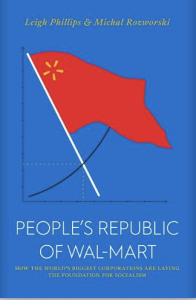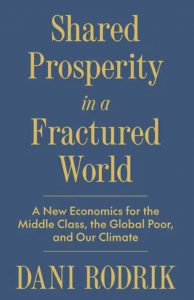Where did January go? Just as well it’s over, as the worst month of the year. Still, I have read a few things. So this is a quick catch up post.
Post Wall, Post Square by Kristina Spohr was recommended by someone on BlueSky and I had high hopes, thinking it would do for the world what Tony Judt’s magnificent Postwar had done for Europe – that is, extend the focal length so the reader can understand what things are going on at the same time. It failed this test as the inclusion of China (and any other part of the world) was minimal. The book is all about the end of the Cold War in Europe. But it was even so fascinating to read all the detail about the European events of 1989 -1992. And the concern of George Bush to keep the US at the centre of the emerging order reads as rather poignant now.
38 Londres Street by Philippe Sands, about the Pinochet arrest, is completely gripping – despite being about the international law regarding whether or not (former) heads of state can be arrested. Good to understand the legal context here, just in case.
I really liked The Happiness of Dogs by Mark Rowland. It’s actually a philosophy book and – as they all do – disappears up its own fundament from time to time. But it’s funny and readable, and makes the persausive argument that dogs are better existentialists than humans will ever be. To be read alongside At the Existentialist Cafe.
I reread a book I spotted on my shelf, How Reason Almost Lost Its Mind by a group of authors looking at different aspects of the spread of linear programming and ‘economic’ rationality in the US in the early cold war decades. Interesting indeed, but slightly overshadowed by now by Jill Lepore’s If Then and Elizabeth Popp Berman’s Thinking Like An Economist.
Otherwise, I read some Tom Stoppard plays Santa Claus had put in my Xmas stocking, and a new crime author, Vaseem Khan, Midnight At Malabar House – a female detective in post-independence Mumbai.



